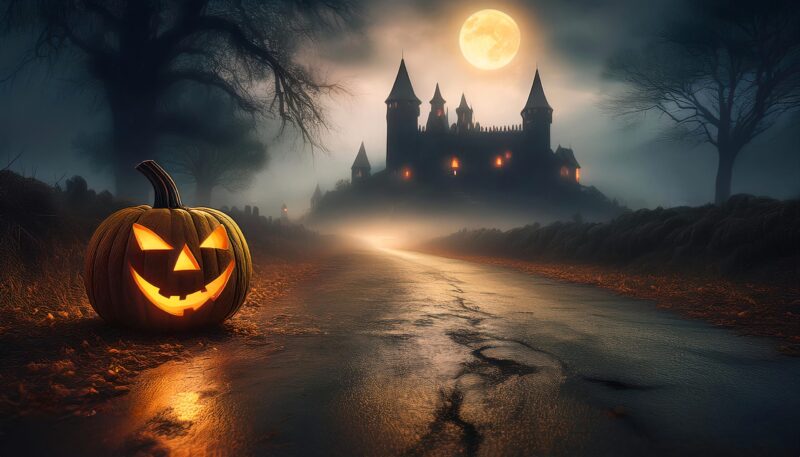Unmasking Your Sleep Style
As Halloween approaches, it’s time to embrace your inner creature of the night—or maybe the dawn! People often identify as either a “night owl” or an “early bird,” reflecting their natural sleep preferences. Have you ever wondered how these sleep chronotypes align with Halloween’s favorite creatures? Whether you’re a nocturnal bat, a morning-loving songbird, or something else, understanding your sleep patterns can significantly improve your health.
Our sleep habits are influenced by a variety of factors, including our biological clocks and lifestyle choices. Yet, conditions like sleep apnea can disrupt these natural rhythms, leaving you feeling drained regardless of your chronotype. This hidden enemy often lurks in the shadows, impacting your energy levels and overall quality of life.
Let’s explore the mysterious world of sleep chronotypes through the lens of Halloween creatures and uncover how understanding these patterns can help you combat the effects of sleep apnea.
Channeling Your Inner Vampire or Bat
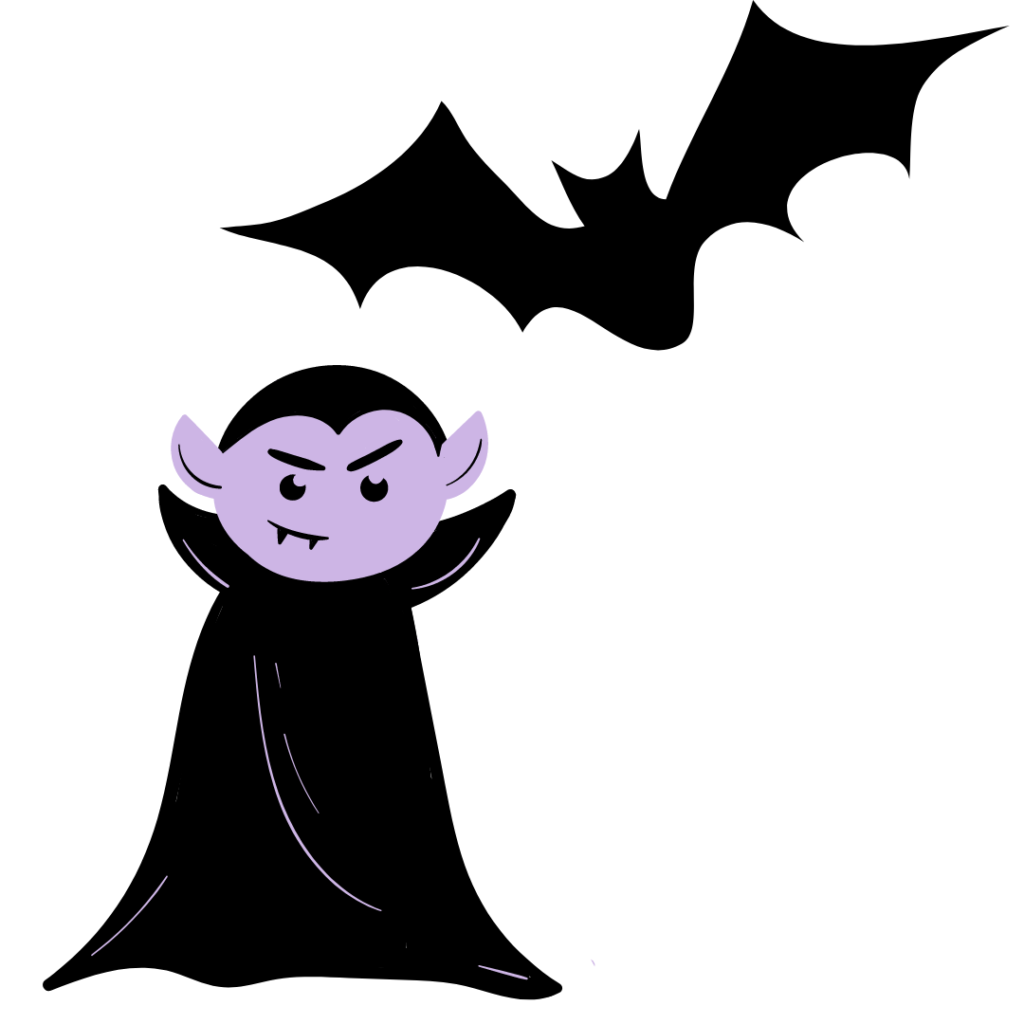
Are you someone who feels most alive after the sun goes down? Night owls are known for their nocturnal energy, staying up late to tackle tasks, work, or unwind. If this sounds familiar, you might have more in common with Halloween’s ultimate creatures of the night—vampires and bats.
Like night owls, vampires thrive in darkness, relying on the cover of night to carry out their activities. Similarly, bats, those iconic flying mammals associated with Halloween, are entirely nocturnal, hunting and navigating the skies after dusk.
Traits of Night Owls:
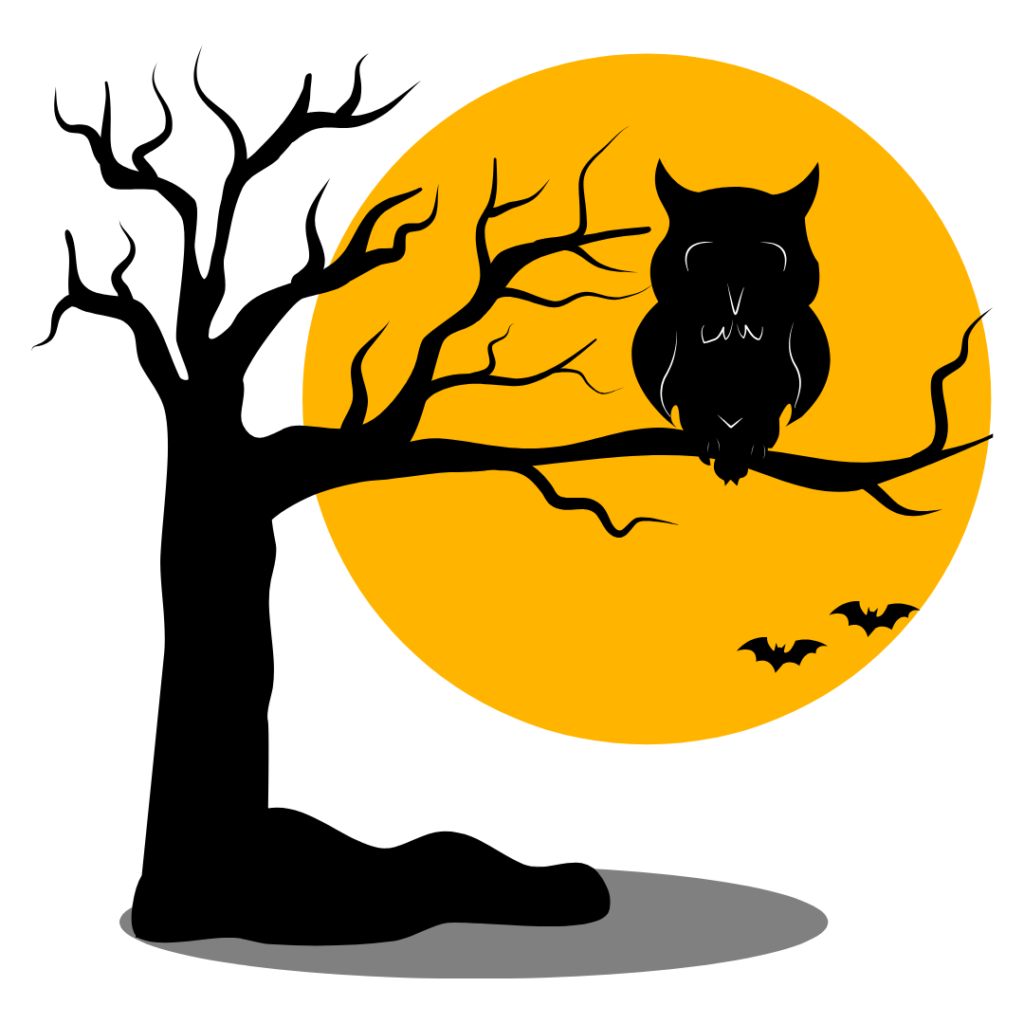
- High energy late in the evening
- Increased focus and creativity at night
- Struggle with early morning wake-ups
- May feel sluggish during traditional 9-to-5 schedules
While these traits can make you an ideal companion for late-night Halloween adventures, being a night owl can have its downsides. If you’re not mindful of your sleep schedule, you might face long-term health issues. Research shows that night owls are more prone to insomnia, poor sleep quality, and even metabolic disorders. In fact, a study published in Everyday Health found that night owls have a significantly higher risk of developing diabetes compared to early risers.
A Werewolf at Dawn
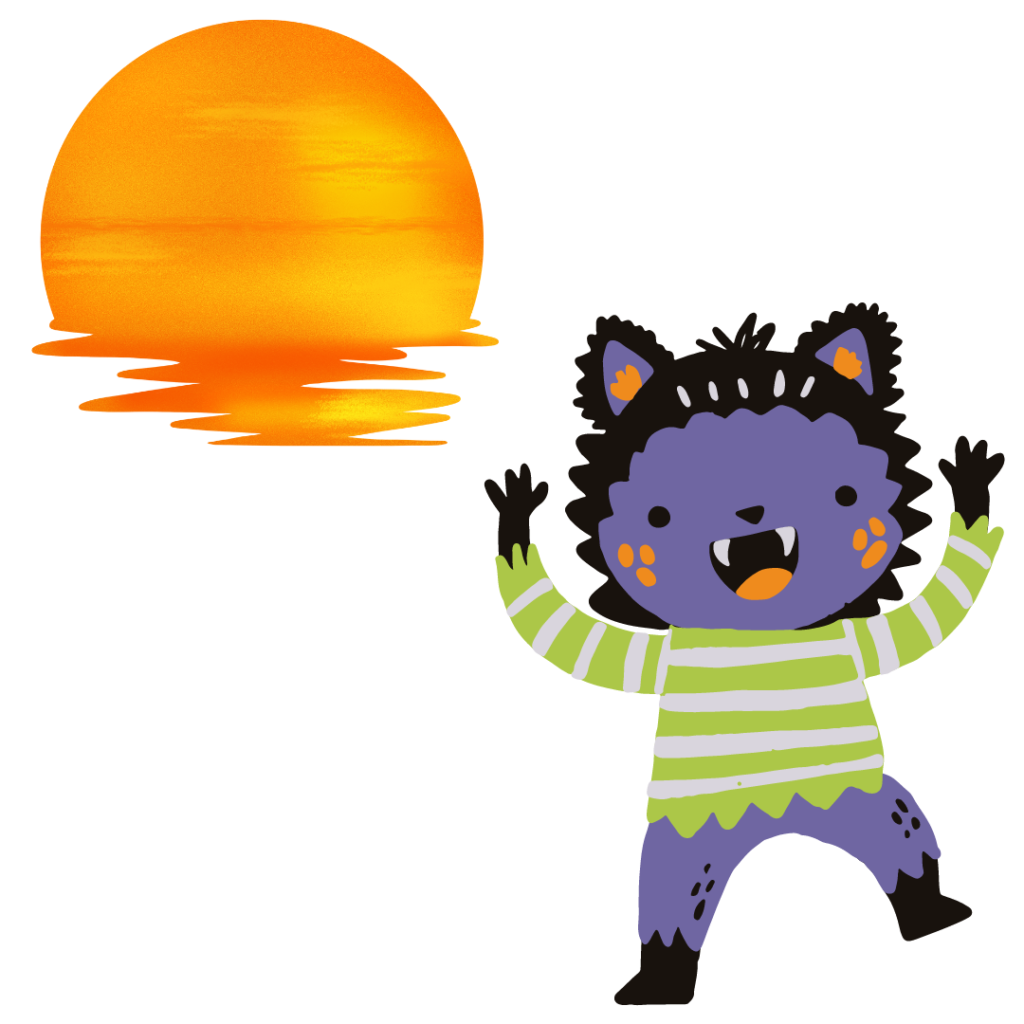
On the flip side, if you rise before the sun, you’re likely an early bird—and your Halloween creature counterpart might be a werewolf. Yes, werewolves may prowl at night, but they are often depicted howling as the full moon fades, welcoming the first light of morning.
Early birds spring out of bed with energy and enthusiasm, ready to take on the day while others are still in their slumber. In the wild, many birds and animals are the first to wake, just like you, ready to seize opportunities as soon as the sun rises.
Traits of Early Birds:
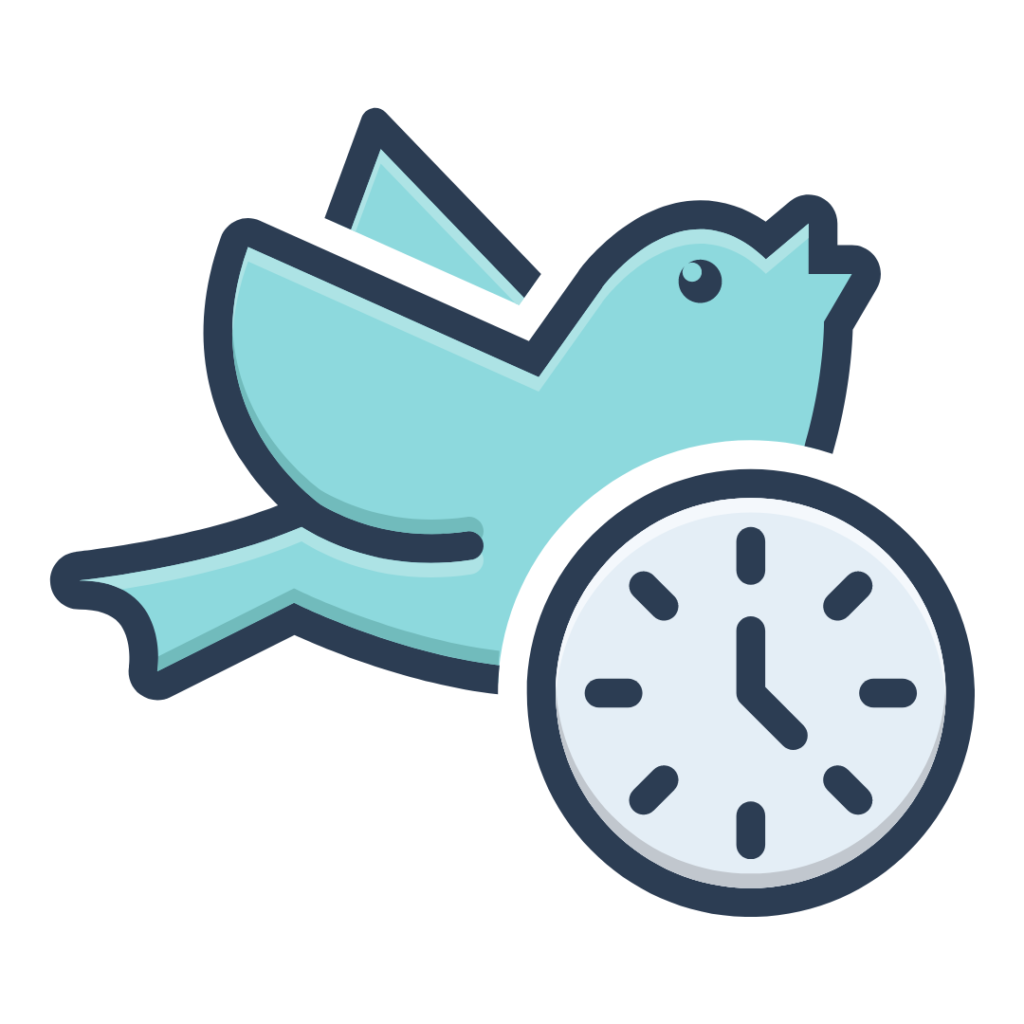
- Early morning productivity
- Mental sharpness and alertness in the first half of the day
- Struggle with late-night activities
- Often prefer routines and consistent schedules
Early birds generally enjoy high-quality sleep by going to bed earlier, often aligning their schedules with traditional work hours. Nonetheless, even the most productive early risers can experience daytime fatigue if their natural sleep patterns are disturbed. According to Healthline, studies have shown that early birds often enjoy better overall health compared to night owls, as their schedules align more closely with the natural light-dark cycle.
The Creature Lurking in the Shadows

Whether you’re a night owl or an early bird, sleep apnea is a common threat that can disrupt your energy levels and productivity. This sleep disorder is characterized by repeated interruptions in breathing during sleep, which leads to fragmented rest and chronic exhaustion.
For night owls, sleep apnea can make those late-night bursts of energy feel hollow, with poor-quality sleep leaving them drained the next day. It can also turn those refreshing morning hours into sluggish starts for early birds, making it difficult to maintain their usual productivity.
Signs of Sleep Apnea:

- Loud snoring or choking sounds during sleep
- Waking up with headaches or a dry mouth
- Excessive daytime sleepiness
- Difficulty concentrating or focusing
Both night owls and early birds may assume that their fatigue is due to their natural sleep rhythm, but if sleep apnea is in play, it’s more than just your chronotype causing exhaustion.
Embracing Your Chronotype
Understanding your chronotype, whether you’re a night owl, an early bird, or somewhere in between, can help you structure your day for maximum productivity and health. Here’s how you can adapt:
- For Night Owls: Focus on evening productivity and schedule important tasks later in the day. Stick to a consistent sleep schedule, even on weekends, to maintain your circadian rhythm.
- For Early Birds: Take advantage of your early morning energy by prioritizing key tasks when you wake up. Don’t overexert yourself! Leave some room for relaxation later in the day to avoid burnout.
- For Everyone: If you suspect sleep apnea is affecting your rest, speak to a healthcare professional about diagnosis and treatment options, such as CPAP therapy. Sleep apnea can disrupt your natural sleep cycle, leaving you tired no matter the time of day. If diagnosed, make sure to contact Quality DME for any of your sleep apnea needs!
Which Halloween Creature Are You?

So, are you a night-dwelling vampire, bat, or an early-rising werewolf ready to seize the morning? Whether you prefer the quiet of midnight or the calm of dawn, your sleep chronotype reflects a lot about your natural rhythms.
This Halloween, embrace your creature identity, but ensure you’re getting the rest you need to stay sharp, healthy, and energized all day (or night) long. Take a moment to assess your sleep habits and consider reaching out to a healthcare professional if you suspect sleep apnea is impacting your health.
Quality DME wishes you a Happy Halloween!
Check in with the QDME Journal for new blogs and fascinating topics!
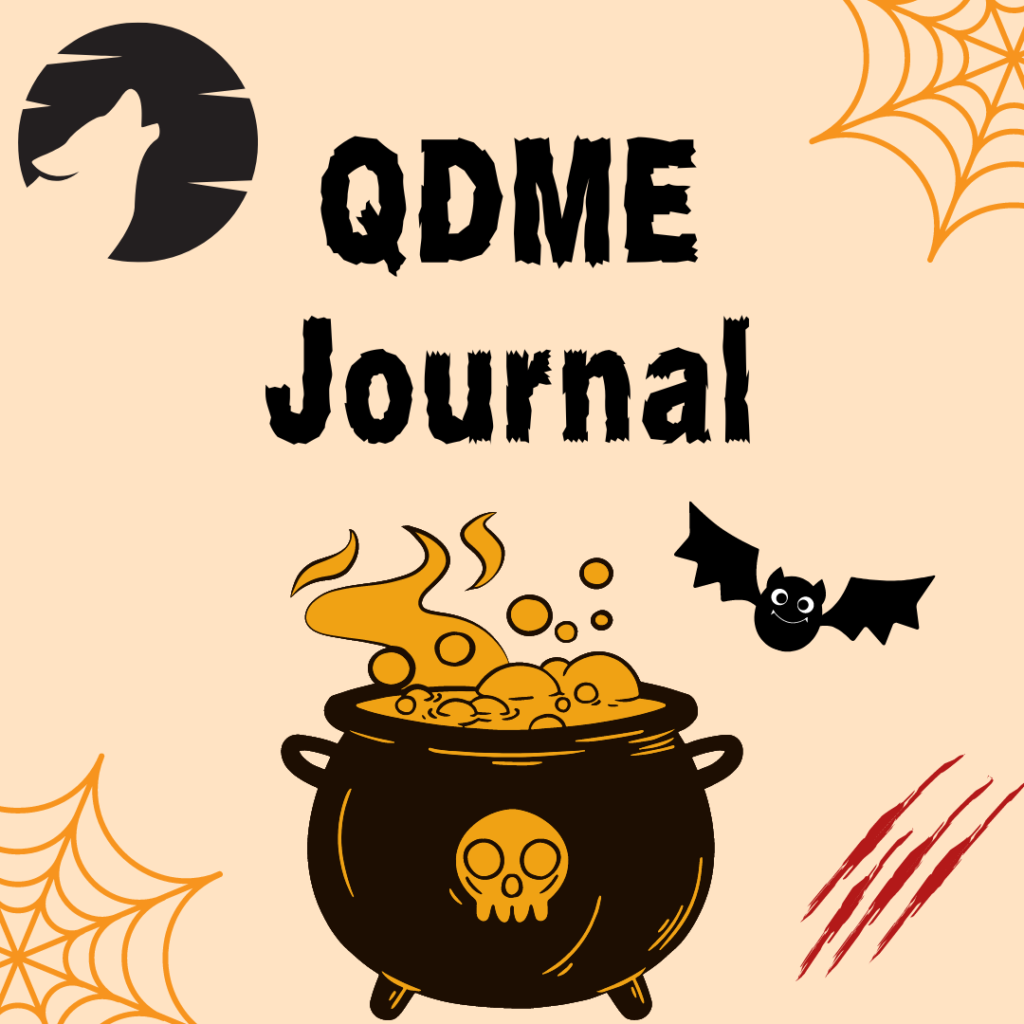
Follow Us!


